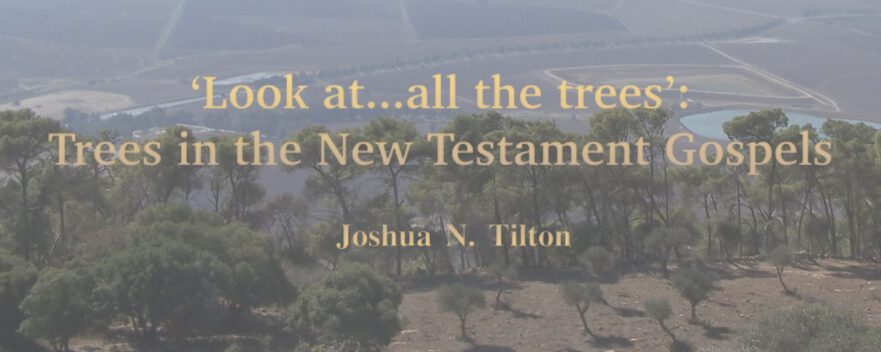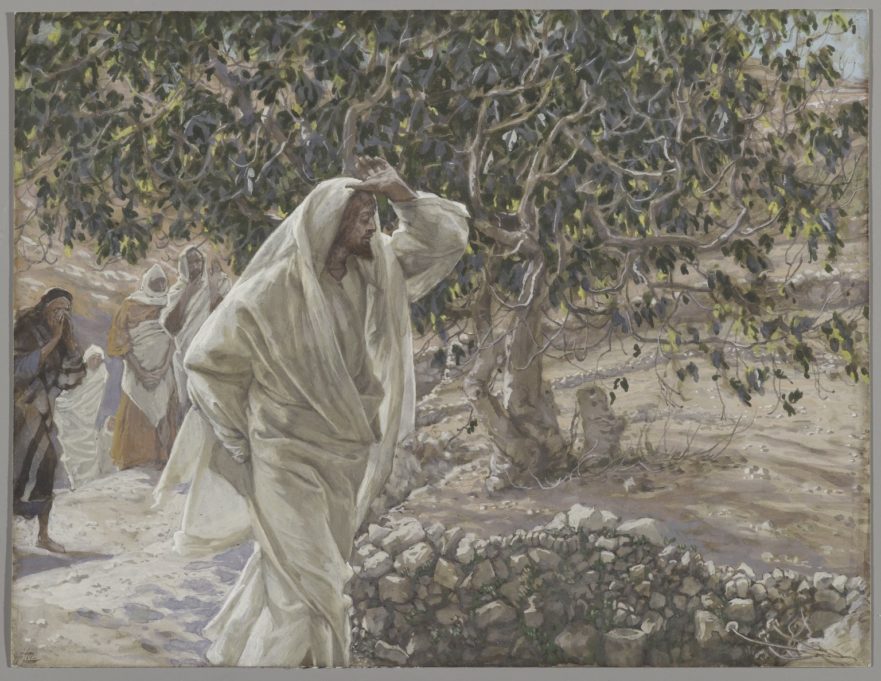An examination of the role trees play in the New Testament Gospels.
Indiscriminate Catastrophe
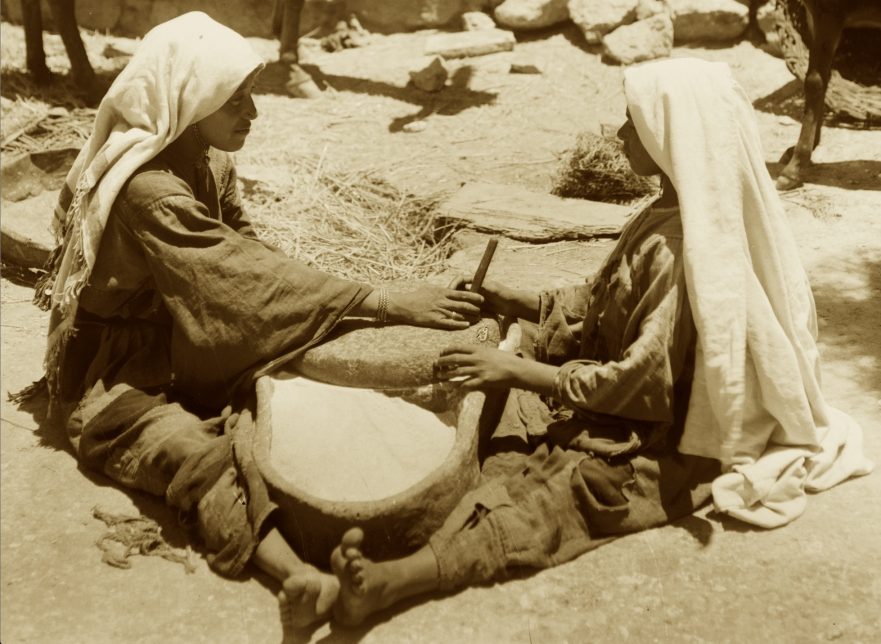
The consequences of persisting in violent struggle with the Roman Empire would be suffered by the innocent and the guilty alike.
Mustard Seed and Starter Dough Parables
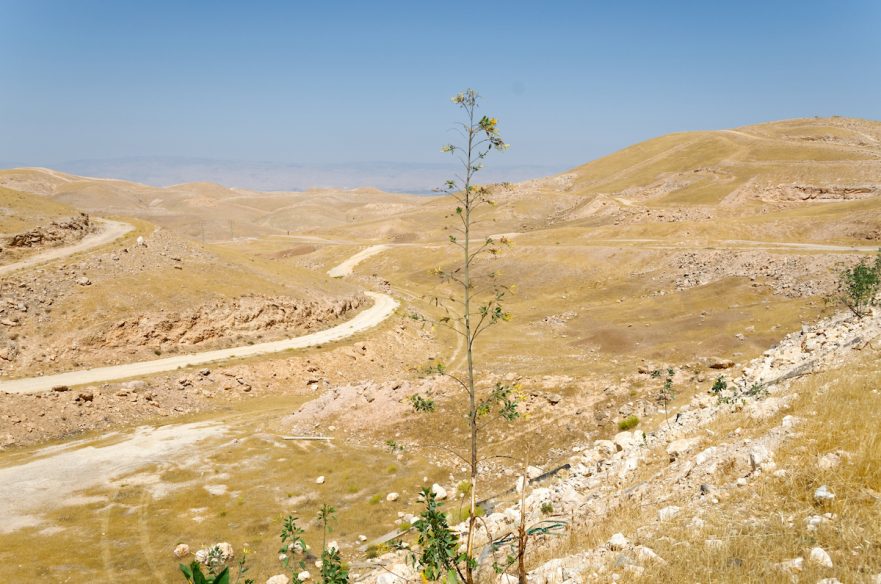
Jesus used the Mustard Seed and Starter Dough parables to demonstrate that the Kingdom of Heaven is a living and active presence that is increasing within the realm of human experience.
Fathers Give Good Gifts Simile
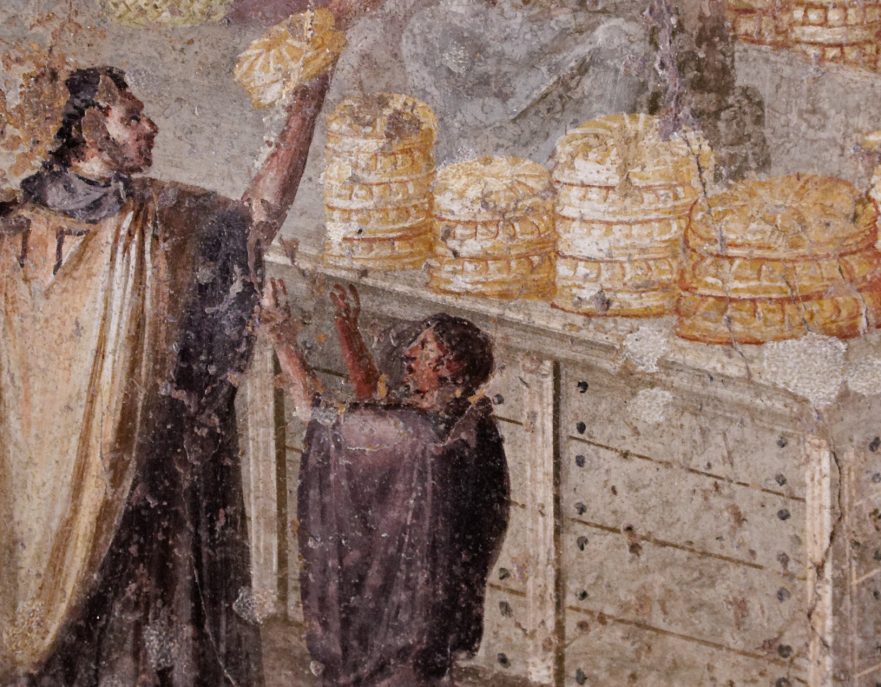
Would you give a hungry child a poisonous arachnid to eat? Probably not, because even sinful human beings are not totally depraved. Would God give you something dangerous and destructive when you ask him for help? Certainly not, because he is the source and foundation of all goodness. In the Fathers Give Good Gifts simile, Jesus concludes his reassuring arguments that God can be trusted to provide for his full-time disciples when they pray the Lord’s Prayer.
Friend In Need Simile
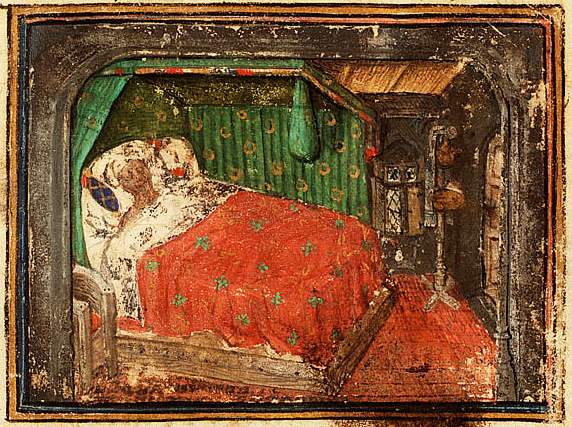
Is God asleep, oblivious to our prayers? Is he a grouch, unwilling to respond to our pleas? In the Friend in Need simile Jesus instructed his disciples that the grounds for confident prayer is the character of their good and trustworthy God.
Yeshua’s Discourse on Worry
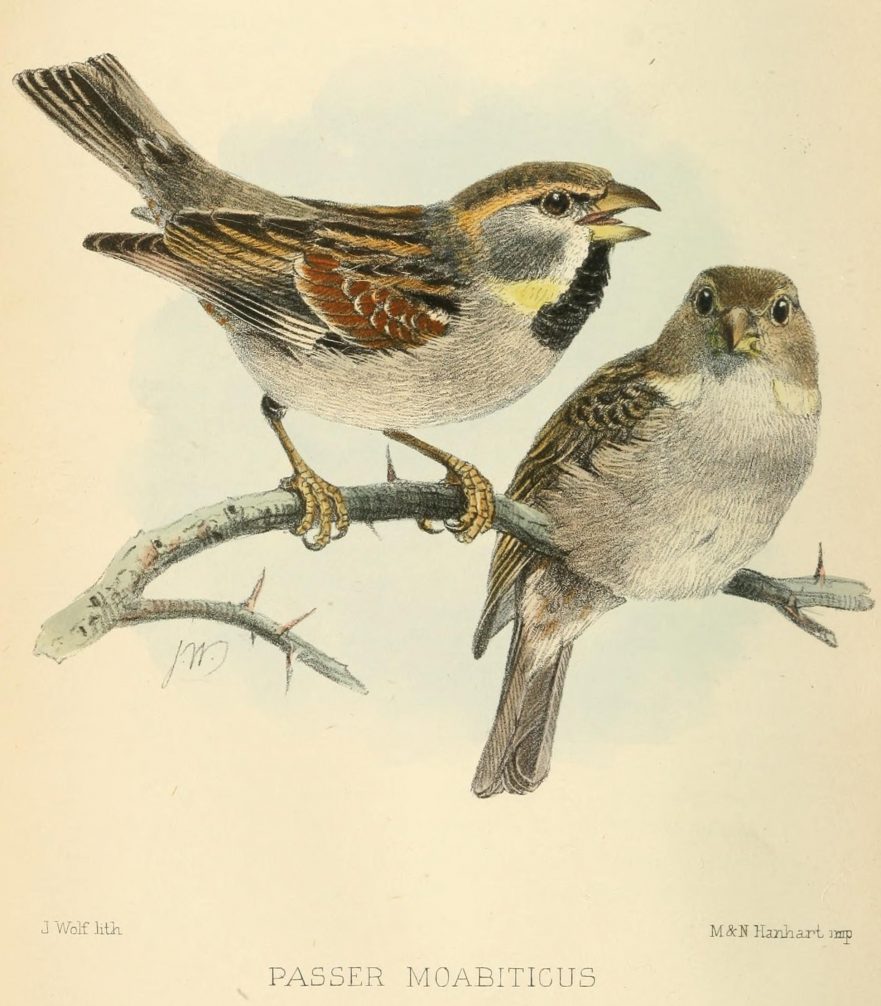
In Yeshua’s Discourse on Worry Jesus confronted one of the most serious concerns of the disciples: how would their basic needs be met now that they had given up their possessions and livelihoods in order to itinerate full-time with Jesus?
Windows into the Bible (4): Stone Vessels

In this video Marc Turnage discusses the significance of stoneware vessels for understanding the cultural context of the Gospels. Marc Turnage, a member of the Jerusalem School of Synoptic Research, is the director of the Center for Holy Lands Studies for The General Council of the Assemblies of God in Springfield, Missouri. Learn more about Turnage and his work at his blog The Shard and the Scroll at www.theshardandthescroll.com.
On “Blood” in the Apostolic Decree (Acts 15:19-20)
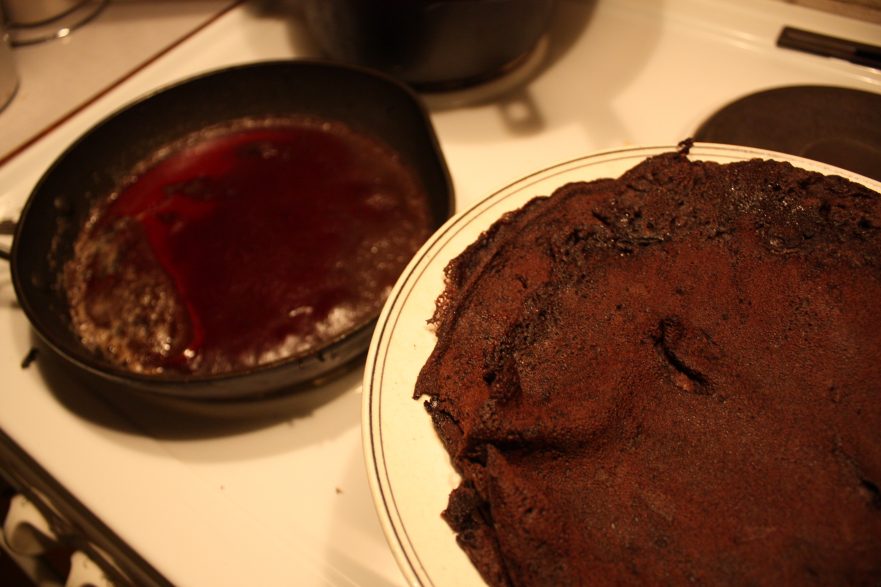
Flusser and Safrai’s premise is that “blood” in this passage does not refer to the consumption of blood but rather to murder. They conclude that the apostolic decision prohibiting eating meat sacrificed to idols, fornication, and blood is equal to the rabbinic decree that under penalty of death a Jew may violate any of the commandments of the Torah with the exception of idolatry, adultery and murder.
And Where Did You Go for the Seder?
We are now in the middle of Passover week and one frequently hears the question, “And where did you go for the Seder [the special home service on the first night of Passover]?” Answers are varied: “To my family’s home.” “To friends.” “To a hotel in Eilat.”
The Apostolic Decree and the Noahide Commandments
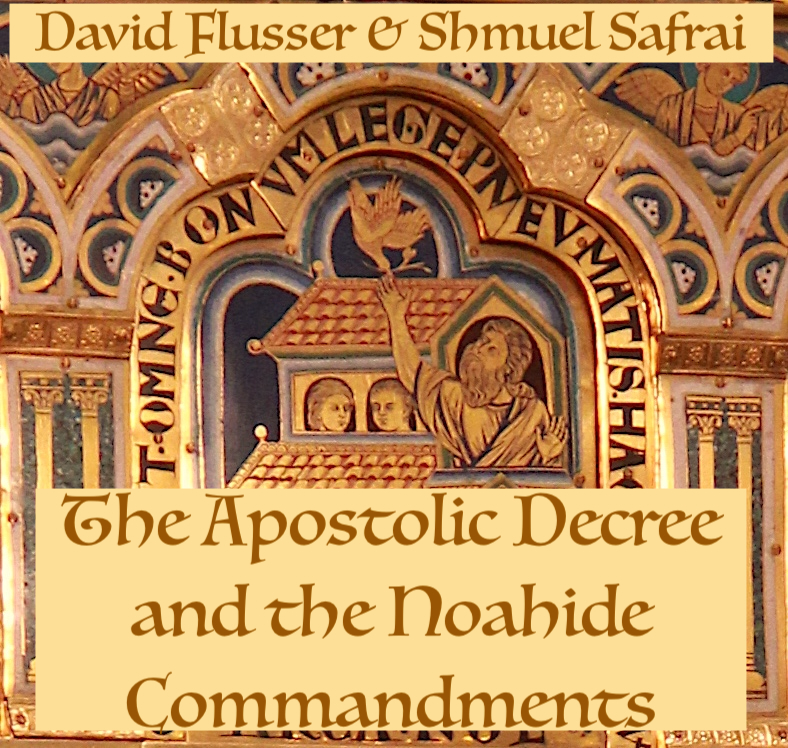
Jerusalem Perspective is pleased to make available to the English-speaking world this important article written originally in German by David Flusser and Shmuel Safrai: “Das Aposteldekret und die Noachitischen Gebote,” in Wer Tora mehrt, mehrt Leben: Festgabe fur Heinz Kremers (ed. E. Brocke and H.-J. Borkenings; Neukirchen-Vluyn, 1986), 173-192.
Mark 7:19: Did Jesus Make “Unclean” Food “Clean”?
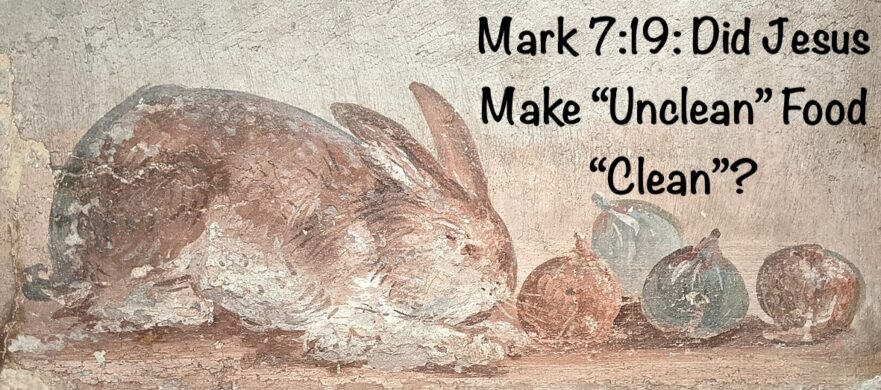
One should not be too quick to throw out large portions of the Torah because of a four-word parenthetical comment by Mark at the end of a long halachic discussion.
Jesus’ Sabbath Dispute with Pharisees in a Cornfield
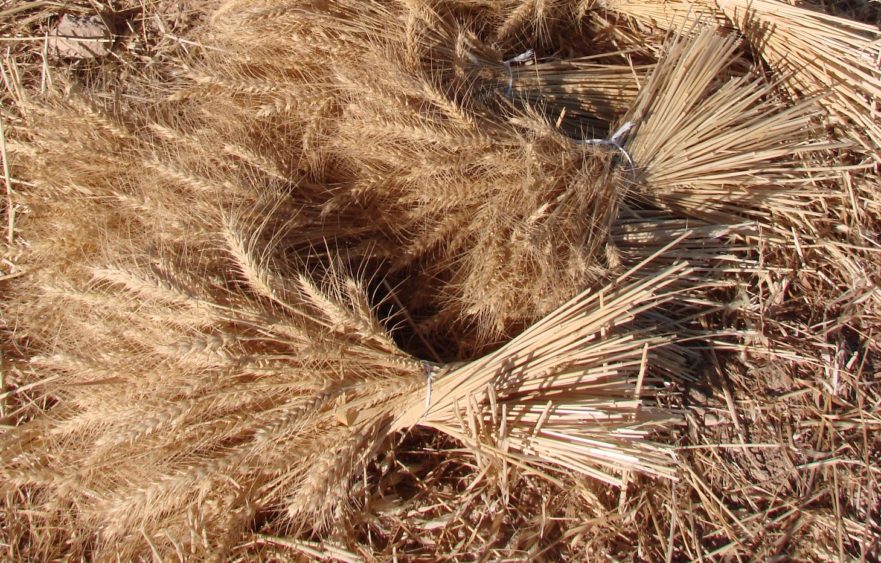
The debate between Jesus and the Pharisees about plucking and eating corn did not concern labour on the Sabbath but concerned eating food which was allowed only to priests.
The Teaching of Balaam
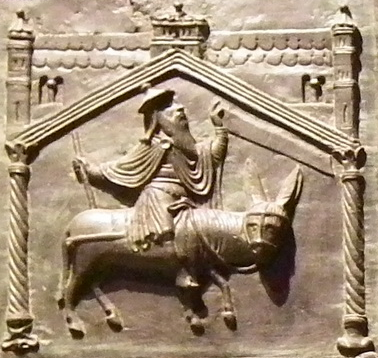
Revelation 2:12-16 is one of those occasions when it is necessary for the Christian reader to be familiar with first-century Jewish interpretation of an Old Testament account.
Seder with Family
A visitor to Israel last night might have been puzzled by seeing the streets heavy with traffic, especially since it was already one o’clock in the morning. The reason was that last night was the first night of the annual week-long Passover festival celebrating the Jewish exodus from Egypt thousands of years ago, and people were returning home after taking part in a Passover Seder (the ceremonial meal on the first night of Passover).
Don’t Throw Away That Piece of Bread!
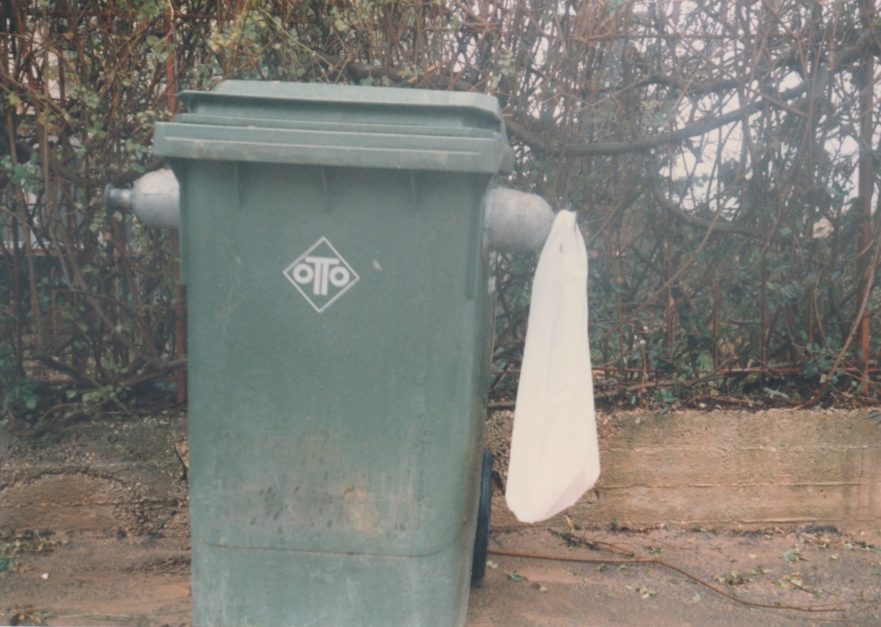
The importance of sharing one’s bread with the poor has remained in the Jewish consciousness until today.
Reading the Landscape: Neot Kedumim, the Biblical Landscape Reserve in Israel
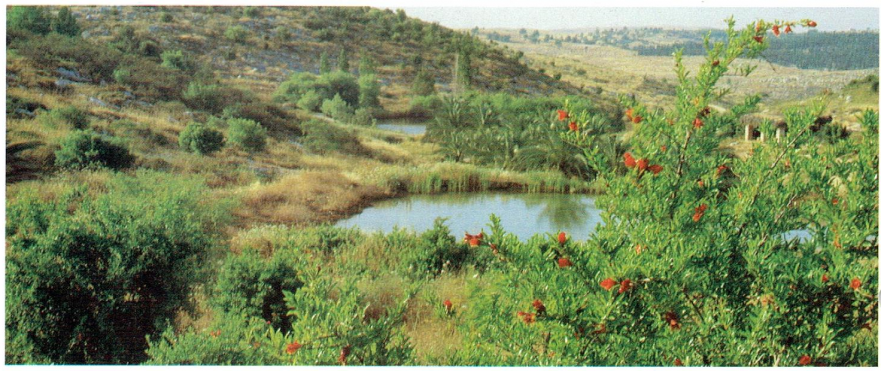
Neot Kedumim is dedicated to exploring and demonstrating the ties between the biblical tradition and the nature and agriculture of the land of Israel, as expressed in Jewish and Christian prayers, holidays and symbols. The reserve’s reconstructed biblical landscapes are open to guided and self-guided tours by groups and individuals.
- Page 1 of 2
- 1
- 2

